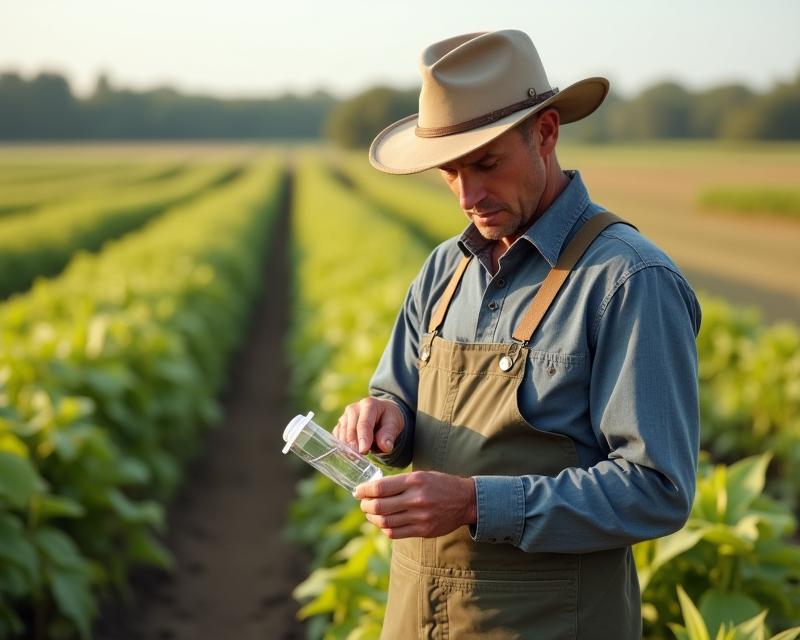Pollinators: Key to a Bountiful Harvest
Publish in Agriculture el 28/06/2025 22:15
The Vital Role of Pollinators in Farming
Pollinators are the unsung heroes of agriculture, playing a critical role in the production of many of the fruits, vegetables, and nuts we enjoy. These tireless creatures facilitate the transfer of pollen from the male part of a flower (the stamen) to the female part (the pistil), enabling fertilization and the subsequent development of fruits and seeds. Without pollinators, our food supply would be drastically diminished, and the agricultural landscape would look very different.

Who are the Key Pollinators?
While many insects contribute to pollination, some are particularly important for farming. Bees, especially honeybees, are renowned for their efficiency and widespread use in commercial agriculture. Butterflies, moths, flies, and even beetles also contribute significantly. In recent years, there's been a growing appreciation for the role of native bees, which are often more adapted to local crops and ecosystems. Understanding the specific pollinators present on your farm is the first step to supporting them.
Threats to Pollinator Populations
Unfortunately, pollinator populations are facing numerous threats, including habitat loss, pesticide use, climate change, and diseases. The decline in bee colonies, in particular, has raised serious concerns about the future of food security. Habitat loss, driven by urbanization and intensive agriculture, reduces the availability of food and nesting sites for pollinators. Pesticides, especially neonicotinoids, can be harmful to bees and other beneficial insects. Addressing these threats requires a multi-faceted approach, including creating pollinator-friendly habitats and reducing pesticide use.
Supporting Pollinators on Your Farm
Farmers can take several steps to support pollinator populations on their farms. Planting a diverse range of flowering plants provides a valuable food source for pollinators throughout the growing season. Creating nesting sites, such as bee houses or undisturbed patches of ground, offers crucial habitat. Reducing or eliminating pesticide use is essential for protecting pollinators from harm. Providing access to clean water is also important. By implementing these practices, farmers can contribute to a healthier ecosystem and ensure a more sustainable and bountiful harvest. Supporting local beekeepers is another great way to help!





